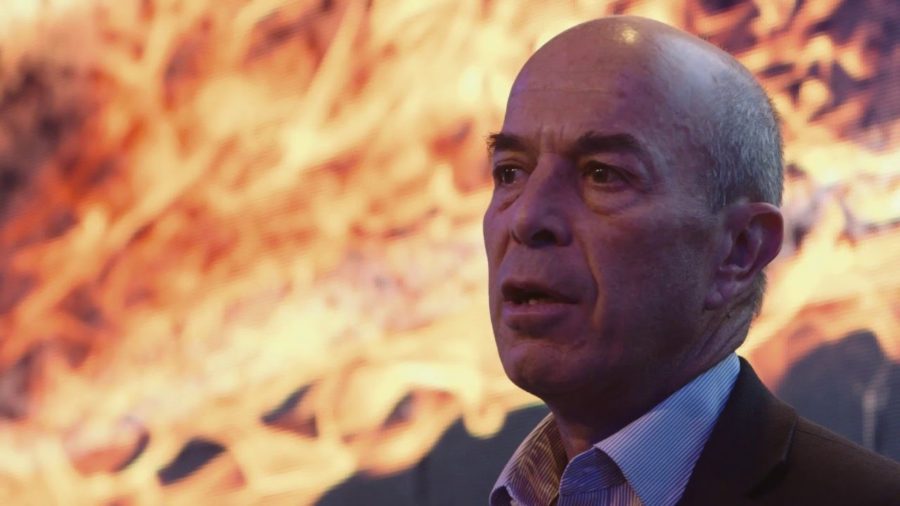We feel that this is a good point to sort of take stock, do sort of a quick précis, if you will, of where we’ve gotten so far. Because I think we’ve got some really interesting places we weren’t necessarily expecting to get. And we’re seeing some interesting poles between different large groups of thinkers that we weren’t necessarily expecting.
Archive
When the public cannot prove that the oil company is going to cause damage, then we’re not allowed to say, “Nevertheless, the risk is not acceptable.” So we have turned it over, the decision, to the expert. We have taken it out of the hands of the community. And then when we say we want community input, we hold a public hearing, and the experts sit up at a table. And then the grandmother who does not have a graduate degree, she’s not allowed to say, “Here’s what I’ve seen. Here is what’s happened in my community. And that’s not acceptable.” Her view is not taken because she’s not an expert. And so we’ve taken away the right for self determination and for community determination.

Our connectivity not only spreads good ideas, it spreads bad ones too. Our connectivity not only allows us to make finance travel around the world and help people, it means that a cascading risk that originates in the South of the US can be everywhere within a matter of hours. And this hyperconnectivity, this butterfly defect of globalization, requires new management.
